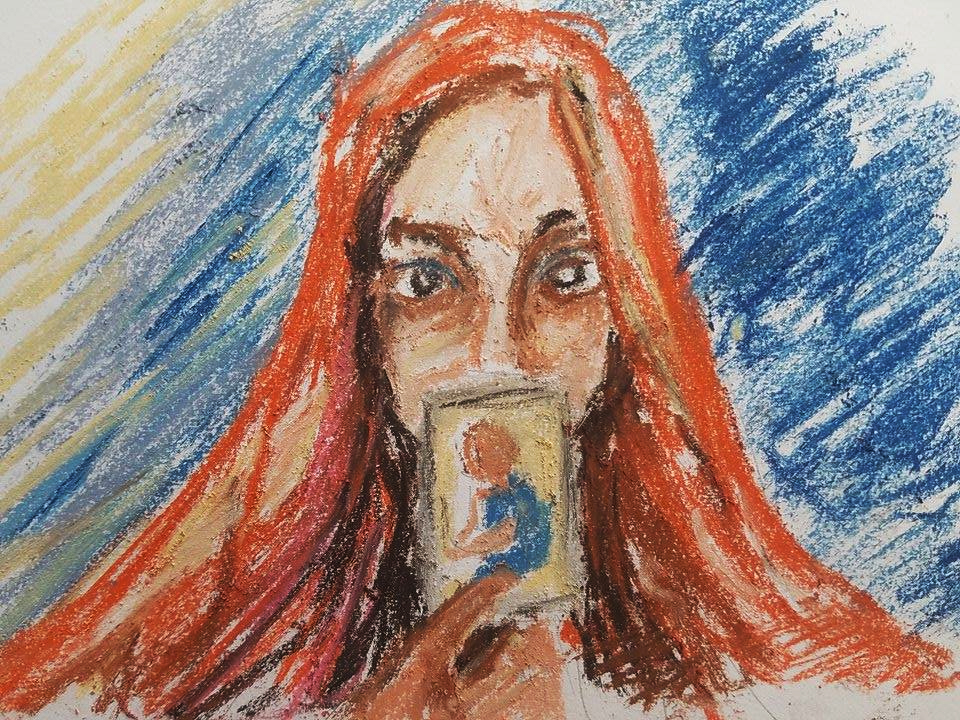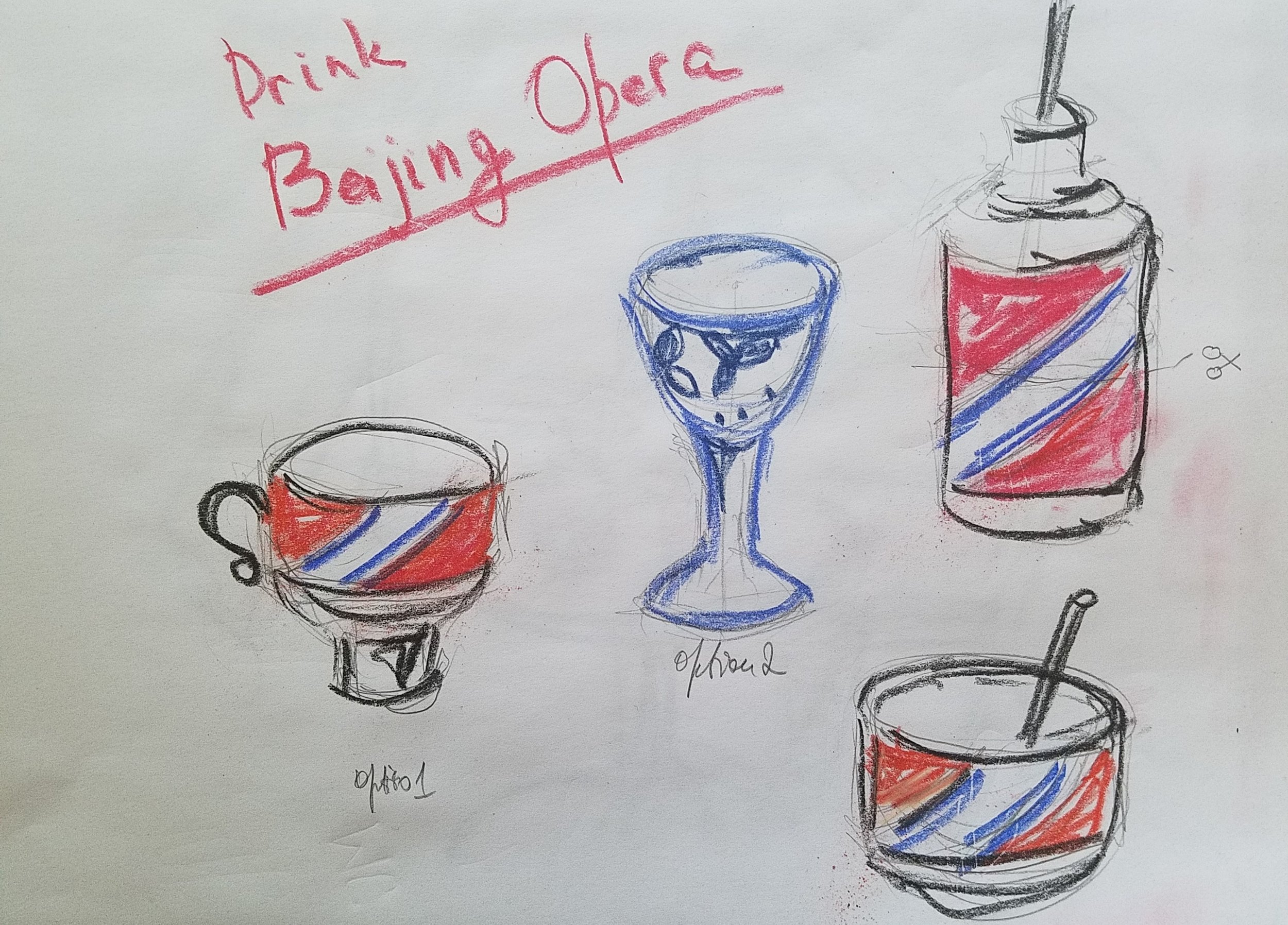sychics are not magicians. A good psychic is cross between a psychologist and a drama director.
10 things Psychics don't want you you to know. Illustration: Julia Makhalova
1. Psychics recognize patterns of behavior and personality, and use it to stage a show. They sell a story which makes the client feel special.
2. People already know who they are, and that includes the masks they can’t help wearing. Even if they pretend that they don’t wear masks, often even to themselves.
3. People wear masks because it is what they’ve learned is necessary to fit in, both with society and their own expectations of themselves.
4. No one is special. In any person’s lifetime, there are 7 plot lines and 2 endings for each that they live out. Learn the person’s patterns of thinking and see which stories best fit their patterns.
5. Everyone goes to psychics for the same reason - to receive reassurance, to confirm that that they are wearing the wrong mask, or just to have their egos massaged.
6. People have a hard time with where to start, what to talk about. Tarot cards solve this problem. They are just random objects to start off the conversation; they could be anything else, like clouds or tea leaves. But we don't need exactly them to understand who the person is.
7. Psychics use a lot of Jungian psychology. In fact, tarot cards are interpretations of Jungian archetypes. but this is a secret. Please don’t tell anyone!
8. There is no point in saying something a person doesn’t already believe in. Deep down, everyone already knows the answer.
9. People would rather listen to a magical octopus than to other people. Other people threaten to puncture the belief that one’s story is totally unique, so if only a magical octopus can understand the story, they must be unique. Putting on the show helps too.
10. Psychics write the history of the future.







